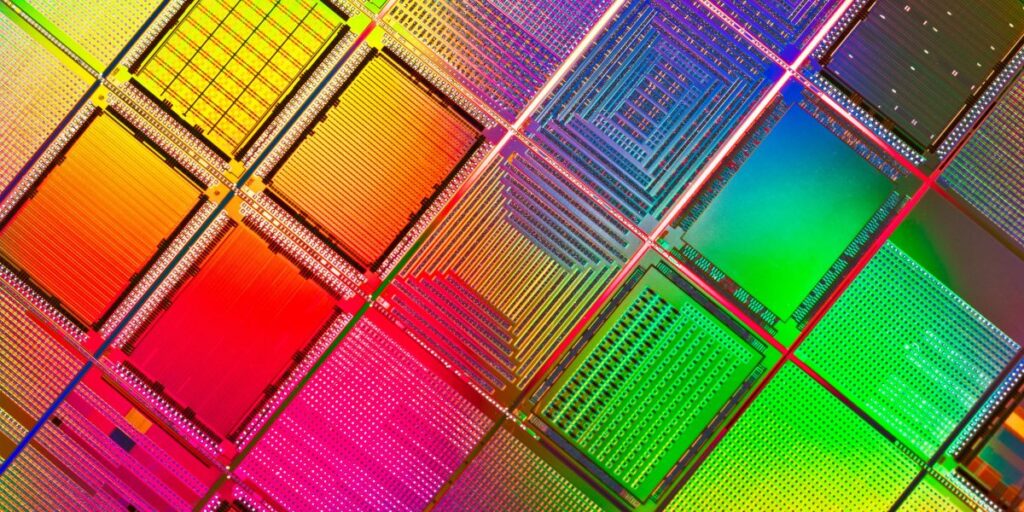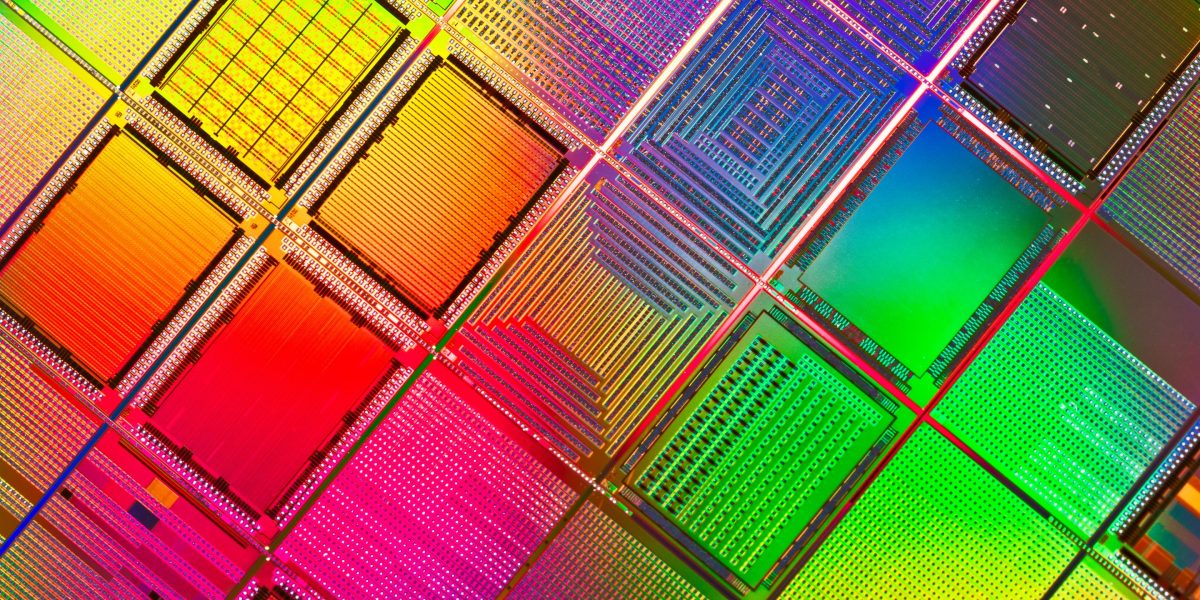U.S. preps China chip curbs that stop short of early proposals
U.S. chip gear makers argue that unilateral U.S. restrictions would put them at an unfair disadvantage compared to foreign rivals.


The Biden administration is weighing additional curbs on sales of semiconductor equipment and AI memory chips to China that would escalate the U.S. crackdown on Beijing’s tech ambitions but stop short of some stricter measures previously considered, according to people familiar with the matter.
The restrictions could be unveiled as soon as next week, said the people, who emphasized that the timing and contours of the rules have changed several times, and that nothing is final until they’re published. The measures follow months of deliberations by U.S. officials, negotiations with allies in Japan and the Netherlands, and intense lobbying by American chip equipment makers who’ve warned that tougher measures would bring catastrophic harm to their business.
The latest proposal has key differences from earlier drafts, the people said. The first is which Chinese companies the U.S. would add to a trade restriction list. The U.S. had previously considered sanctioning six suppliers to Huawei Technologies Co.—the telecom giant at the center of China’s tech industry—and officials are aware of at least a half dozen more, the people said. But they now plan to add only some of those Huawei suppliers to the entity list, with the notable omission of ChangXin Memory Technologies Inc., which is trying to develop AI memory chip technology.
Spokespeople for the Commerce Department’s Bureau of Industry and Security declined to comment. A spokesperson for the National Security Council referred Bloomberg News to BIS.
Japanese chip stocks jumped. Tokyo Electron Ltd. rose as much as 10%, paring losses in early trading. Kokusai Electric Corp. surged 23%, and Screen Holdings Co. also gained about 10%.
The rules now under consideration would also sanction two chip factories owned by Semiconductor Manufacturing International Corp., Huawei’s chipmaking partner, the people said. More than 100 additional entity listings would focus on Chinese companies that make semiconductor manufacturing equipment, the people said, rather than fabrication facilities that make the chips themselves. Wired reported earlier the U.S. could come out with new export controls rules as soon as next Monday.
That’s a partial win for American chip gear makers—Lam Research Corp., Applied Materials Inc. and KLA Corp.—that have argued for months against unilateral U.S. restrictions on key Chinese companies, including the six Huawei suppliers. They’ve claimed that such sanctions would put them at an unfair disadvantage compared to foreign rivals Tokyo Electron and Dutch equipment giant ASML Holding NV, whose governments have not yet agreed to the toughest restrictions on sales to China. Japan and the Netherlands imposed some China curbs to partially match U.S. measures from 2022, but both countries have resisted recent American pressure for even tighter controls.
American officials this summer tried a hardball negotiation tactic with allies by warning that the U.S. could directly curb the China sales of foreign companies, a step that Japan and the Netherlands viewed as a draconian overreach. The U.S. hope was that threatening to use the so-called foreign direct product rule, or FDPR, would prompt allies to impose their own curbs. But Tokyo and the Hague have shown little interest in aligning with the Biden administration ahead of President-elect Donald Trump’s return to power.
The new U.S. rules, which also restrict some additional tool categories, would still exempt allies including Japan and the Netherlands from FDPR provisions, people familiar with the matter said. It’s unclear whether Japan or the Netherlands will eventually impose additional restrictions on the Chinese companies that the US now plans to sanction.
The latest version of the U.S. controls also would include some provisions around high-bandwidth memory chips, which handle data storage and are essential to artificial intelligence. Samsung Electronics Co. and SK Hynix Inc. along with American memory maker Micron Technology Inc. are expected to be affected by the new measures, the people said.








